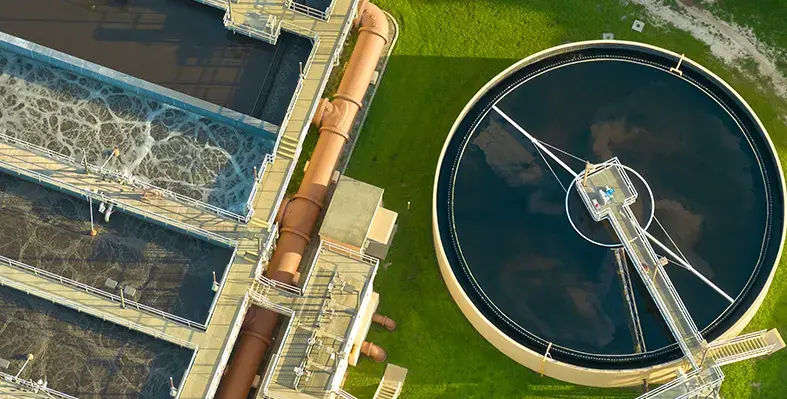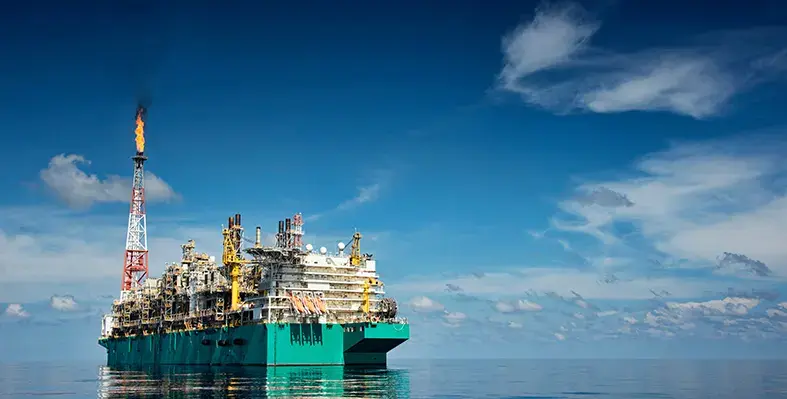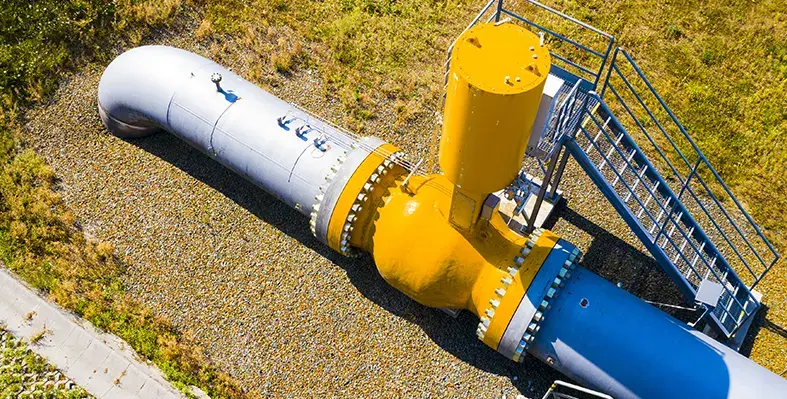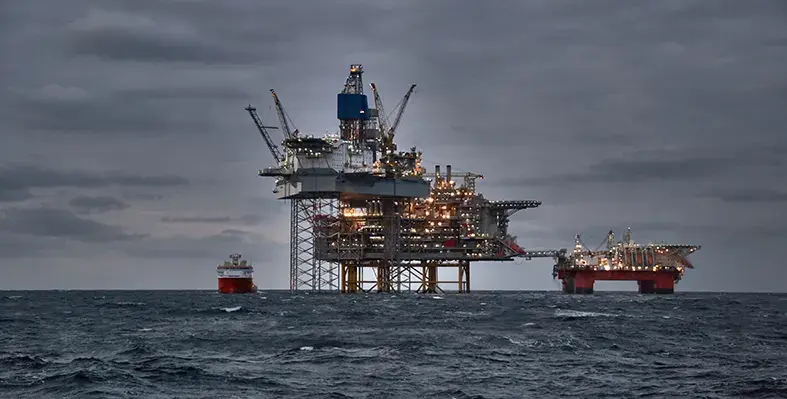The National Agency for the Valorization of Hydrocarbon Resources (ALNAFT)-hosted Algeria Bid Round 2024 saw TotalEnergies win the Ahara license, alongside Qatar Energy
This was ALNAFT's first call for tender conducted under the hydrocarbon law No.19-13.
The Ahara license is vast, ranging approximately 14,900 sq km, located at the intersection of the prolific Berkine and Illizi Basins.
While both the partners will hold equal shares 24.5% each, TotalEnergies will serve as the operator during the Exploration and Appraisal phases of the license.
The national company SONATRACH will retain a majority interest of 51%, in accordance with Algerian law.
“TotalEnergies is delighted that its joint bid with QatarEnergy has led to the award of the Ahara license, allowing us to write a new chapter in our long-lasting partnership with SONATRACH in Exploration in Algeria”, said Patrick Pouyanné, chairman and CEO of TotalEnergies.












